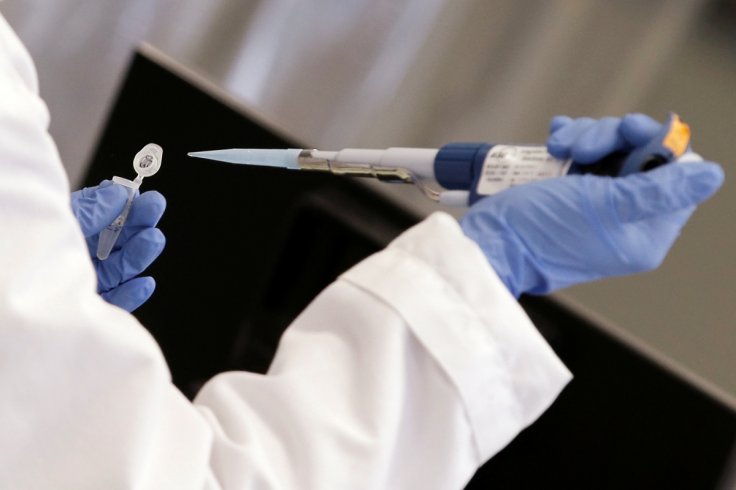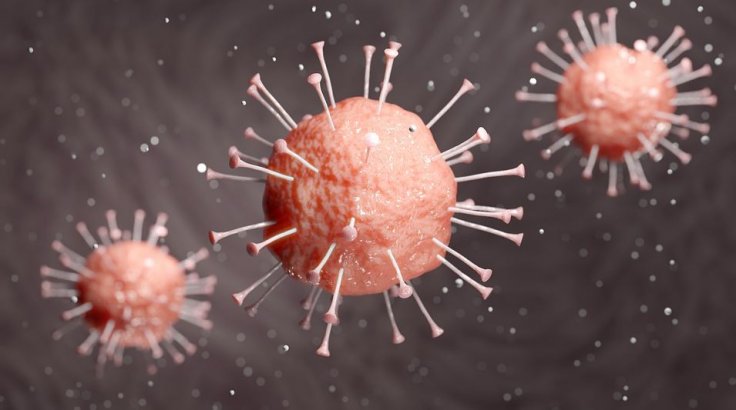In the past few days, promising news came from vaccine developers. While the world hopes to get one effective and safe Coronavirus vaccine as soon as possible to beat the pandemic, scientists at St. Jude in Tennessee may have found a way to stop the SARS-CoV-2 caused disease.
The Coronavirus pandemic has already claimed over 1,360,000 lives and affected nearly 57 million people around the globe. In the US alone, the virus killed more than 252,000 Americans. As researchers from all around the world are trying to find a way to stop the pandemic, many vaccine candidates were developed, and treatment options were found.
While Pfizer, Moderna, and Oxford revealed how effective the vaccine candidates are based on the trials, this week researchers at St. Jude announced that they think treatment for the COVID-19 has been found.

A Breakthrough?
People suffering from rheumatoid arthritis, allergies, histamine intolerance, and compromised immune system knew what it is like to have inflammation issues—the pain and swelling make it difficult to move or breathe. More or less, COVID-19 does the same.
The Coronavirus infection triggers severe inflammation that affects the lungs and causes damage to other organs. St. Jude researchers said that they have identified the mechanism which causes the COVID-19 inflammation. The most interesting part is as per the scientists they have found the medicines that can treat it.
The team of scientists in the US focused on cytokines, small proteins released in the body as a response to inflammation. The researchers concentrated on the most elevated cytokines in the Coronavirus infected patients and noticed one duo that stood out—TNF-α and IFN-γ.
In the study, which was published in the journal Cell, the researchers wrote,
"While multiple inflammatory cytokines are produced by innate immune cells during SARS-CoV-2 infection, we found that only the combination of TNF-α and IFN-γ induced inflammatory cell death characterized by pyroptosis, apoptosis, and necroptosis (PANoptosis). Mechanistically, TNF-α and IFN-γ co-treatment activated the JAK/STAT1/IRF1 axis, inducing nitric oxide production and driving caspase-8/FADD–mediated PANoptosis."
After they tried it on mice, they noticed that TNF-α and IFN-γ caused a lethal cytokine shock in the study subjects, protected them from COVID-19 death, and from sepsis, a deadly infection of the blood. St. Jude researcher, Thirumala-Devi Kanneganti, said, "The other studies that we have in our lab, they might go into textbooks, and in the long run, they might be in the clinic. But this immediate application is the best thing. I wish starting tomorrow we could treat patients with this."
However, apart from COVID-19, researching this treatment would help people who are suffering from auto-inflammatory diseases.
Other Options
The treatment suggested by St. Jude researcher still needs to be tried out in the trial and if the results are convincing, approval from the Food and Drug Administration (FDA) will be the next step.
Meanwhile, reports revealed how promising the current vaccines are. On Wednesday, drugmakers Pfizer and BioNTech said their COVID-19 vaccine was found 95 percent effective, while Moderna said its vaccine candidate is 94.5 percent effective. Even, reports claimed that the Oxford-AstraZeneca Coronavirus vaccine candidate has triggered a robust immune response in older adults in phase 2 trials.

But the World Health Organization (WHO), the UN organization which has been monitoring the pandemic since the beginning, on Thursday, November 19 rejected the so-called promising antiviral drug remdesivir as COVID-19 treatment. While many experts claimed that this drug is promising enough, and generated intense interest as a treatment option, WHO recommended against using remdesivir.
As per the health agency, and the expert panel concluded that the drug "has no meaningful effect on mortality or on other important outcomes for patients, such as the need for mechanical ventilation or time to clinical improvement."









